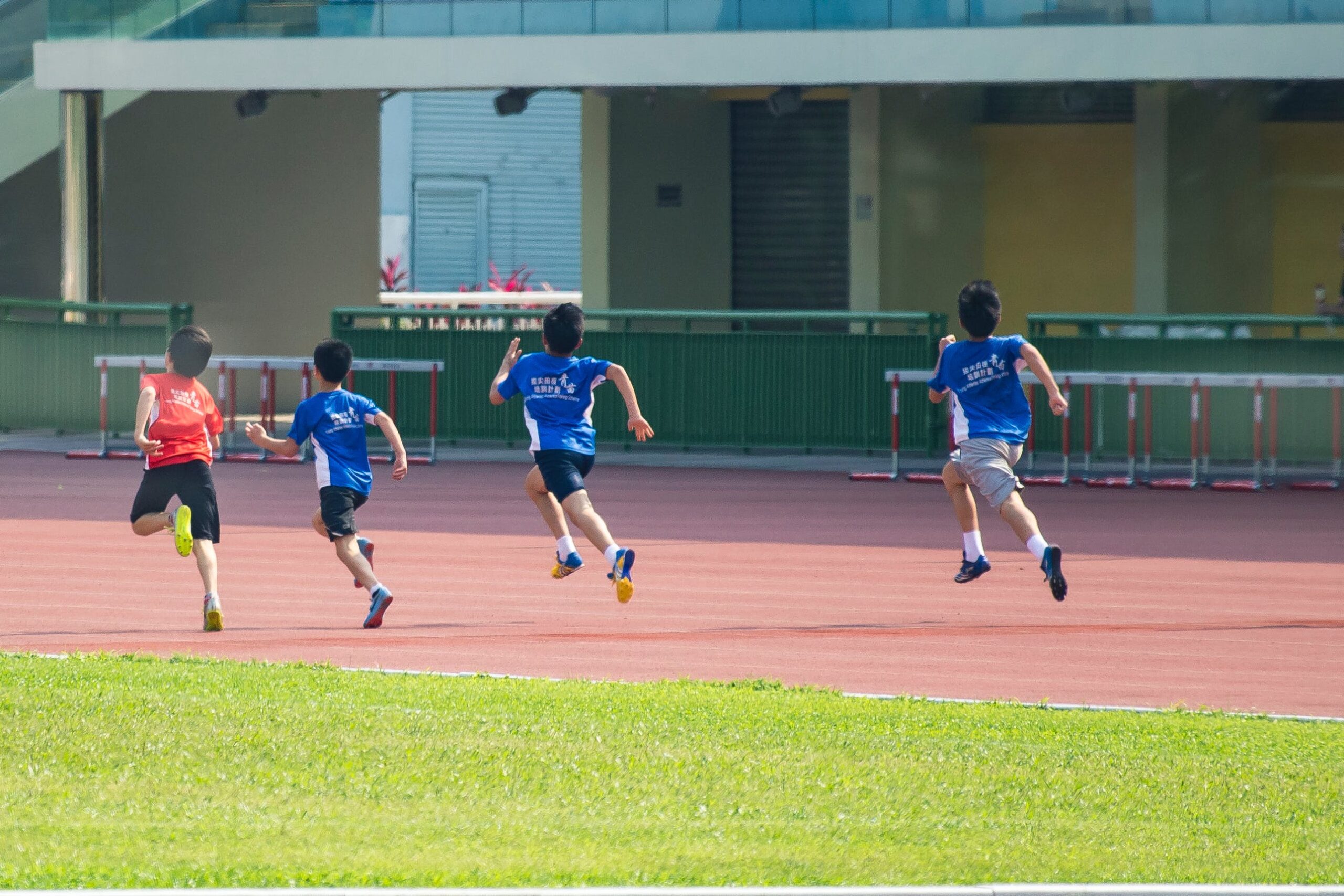Could fitness tests do more harm than good for Aussie kids?
Could Mandatory Fitness Tests be Detrimental to Aussie Kids?
Remember the beep test or shuttle run from your school days? These compulsory fitness tests were a regular part of physical education (PE) for many. But the lingering question on researchers’ minds at the University of South Australia (UniSA) is how much these experiences have shaped your current perspective on physical exercise. For the first time in Australia, the objective of this groundbreaking study is to delve deeply into children’s attitudes and experiences with regard to fitness testing, with an aim to understand how such mandatory tests potentially impact their future inclination towards exercise.
The Timeliness of the Study
The relevance of this research cannot be overstated, given that startling figures reveal more than 80% of Australian children aren’t adhering to the national guidelines for physical activity (AIHW Report). Moreover, 25% of children and adolescents in the country are struggling with overweight or obesity issues (AIHW Summary). This study is especially crucial in this context.
The Potential Impact of Fitness Testing on Future Exercise Attitudes
Daiki Kasai (UniSA researcher and PhD candidate), emphasizes the importance of examining optimal cardiovascular testing options for Australian children. His belief is anchored in the fact that measuring children’s fitness is not just a reflection of their current health but a possible predictor of their future wellbeing.
However, popular tests like the 20-metre shuttle-run (20mSRT), where kids run repeatedly between two parallel lines 20 metres apart, at a pace that progressively increases until they’re exhausted, can potentially trigger unpleasant emotions. These negative sentiments can subsequently become strong predictors of their likelihood to participate in exercise activities in future. For this reason, understanding how kids respond emotionally to these tests is crucial.
Kasai and his team are seeking to comprehend children’s feelings about fitness testing. They intend to investigate how these sentiments and perceptions might shape their current and future attitudes about exercise.
The ultimate goal of this research is to inform future practices and policies around fitness testing in Australia. “We want children to enjoy exercise, so it’s crucial to understand how fitness tests are currently being conducted and how children feel about them”, Kasai says. Especially considering that improving children’s overall fitness and health is a priority.
The researchers are currently working with children aged 10 to 17 years and are looking to recruit more participants to complete a survey. Parents and caregivers can register interest here and contribute to this pioneering study.

Paving the Way for a Fitter Future for Australian Children
To conclude, mandatory fitness testing is an integral aspect of PE programs that schools across Australia and beyond have implemented. The intention of these programs was always to promote healthy habits among children, ensuring their wellbeing. However, the necessity of a reevaluation of these methods has been brought to light. It may be essential to consider the emotional response of children with these tests as this can directly influence their future exercise inclinations.
This novel study, led by the dedicated researcher and Ph.D. candidate Daiki Kasai from UniSA, is striving to provide valuable insights into children’s perspectives on fitness testing. Ultimately, the aim is to shape policies that foster a positive attitude towards physical exercise and help kids meet and exceed the national activity guidelines.
Parents and caregivers, your role in this study can be instrumental. The researchers are keen to work with more children aged 10 to 17 years to gather exhaustive data. If your child falls within this age range, do consider registering your interest here. Your contribution can make a considerable difference and pave the way for a healthier, happier future for Aussie kids. Remember, a fitter childhood can lead to a healthier adulthood!
It’s time to rethink our approach to fit tests and build a future where our children approach exercise with enthusiasm and joy, not dread. So, let’s make a change, because the future fitness of our nation depends on the choices we make today!
For more great articles and events see the Parent Newsroom.
Disclaimer
The articles available via our website on news and current events are general information only and are not edited regularly to consider changes or updates. Event organisers are responsible for dates, times and further details, and as such information in these articles may be outdated and subject to change. We strongly urge readers to exercise caution and conduct their own thorough research and fact-checking. The information presented should not be taken as absolute truth, and, to the maximum extent permitted by law, we will not be held liable for any inaccuracies or errors in the content. It is essential for individuals to independently verify and validate the information before making any decisions or taking any actions based on the articles.
Leave a Reply